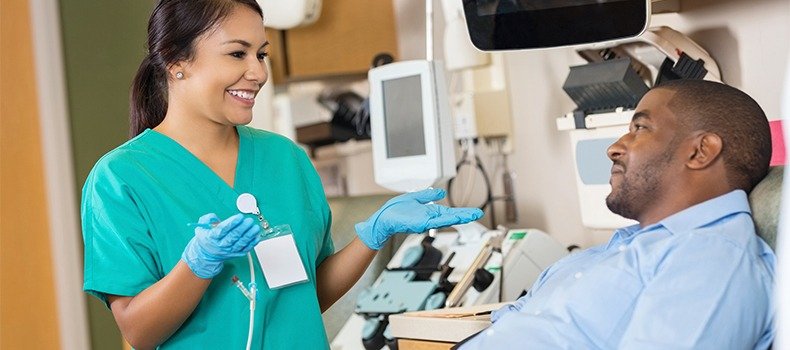**Title: What Is A Certified Phlebotomist: Everything You Need To Know**
**Introduction:**
If you’re considering a career in the healthcare field, you may have come across the term “certified phlebotomist.” But what exactly does it mean to be a certified phlebotomist? In this article, we’ll delve into the world of phlebotomy, explore the duties of a certified phlebotomist, and discuss the process of obtaining certification in this rewarding field.
**What Is A Certified Phlebotomist?**
A certified phlebotomist is a healthcare professional who specializes in drawing blood from patients for various medical purposes. Phlebotomists play a crucial role in the healthcare system by collecting blood samples that are used for diagnostic testing, transfusions, research, and other medical procedures. They are responsible for ensuring the accuracy and integrity of blood samples and for maintaining a safe and sterile environment during the blood collection process.
**Duties of a Certified Phlebotomist:**
Certified phlebotomists perform a variety of duties in their role, including:
– Identifying patients and verifying their identities
– Explaining the blood collection process to patients and addressing any concerns they may have
– Selecting the appropriate blood collection equipment and supplies
– Sterilizing the collection site and preparing the patient for the blood draw
– Collecting blood samples and labeling them accurately
– Ensuring that all safety protocols are followed to prevent the spread of infections
– Transporting the blood samples to the laboratory for testing
– Documenting all blood collection procedures in the patient’s medical records
**Process of Obtaining Certification:**
To become a certified phlebotomist, individuals must complete a training program that includes both classroom instruction and practical experience. These programs typically cover topics such as anatomy and physiology, medical terminology, blood collection techniques, infection control, and patient communication. After completing the training program, individuals must pass a certification exam administered by organizations such as the National Healthcareer Association (NHA) or the American Society for Clinical Pathology (ASCP).
**Benefits of Becoming a Certified Phlebotomist:**
Becoming a certified phlebotomist offers numerous benefits, including:
– Job security: The healthcare industry is always in need of qualified phlebotomists.
– Competitive salary: Certified phlebotomists can earn a respectable salary, especially with experience.
– Career advancement: With additional training and experience, phlebotomists can advance to supervisory roles or specialize in areas such as pediatric phlebotomy or geriatric phlebotomy.
– Personal satisfaction: Helping patients and playing a vital role in the healthcare system can be incredibly rewarding.
**Practical Tips for Aspiring Phlebotomists:**
– Develop strong communication skills to ensure patients feel comfortable and informed during the blood collection process.
– Pay close attention to detail to avoid errors in blood sample collection and labeling.
– Practice proper infection control measures to protect both yourself and your patients.
– Stay current on industry trends and best practices through continuing education and professional development opportunities.
**Conclusion:**
Becoming a certified phlebotomist is a rewarding career choice for individuals who are passionate about healthcare and helping others. By completing a formal training program and obtaining certification, you can embark on a fulfilling career as a valued member of the healthcare team. If you’re considering a career as a phlebotomist, take the necessary steps to achieve certification and enjoy the many benefits that come with this important role.
